The New Ministers of ÖVP, SPÖ, and NEOS in Brief Profile

ÖVP
Christian Stocker

With the 64-year-old from the black workers' association ÖAAB, someone is now at the head of the federal government whom no one would have expected a few months ago. Since 2022, he has been the pain-free Secretary General of the People's Party, taking over after the failure of the first black-red-pink government negotiations in early January. His negotiations with the FPÖ failed, but now the ÖVP retains the chancellorship after successful negotiations with the SPÖ and NEOS. Since 2019, the Lower Austrian has been a member of the National Council, just like his father. He resigned from his position as Deputy Mayor of Wiener Neustadt, which he had held since 2000, after the municipal elections at the end of January.
Gerhard Karner
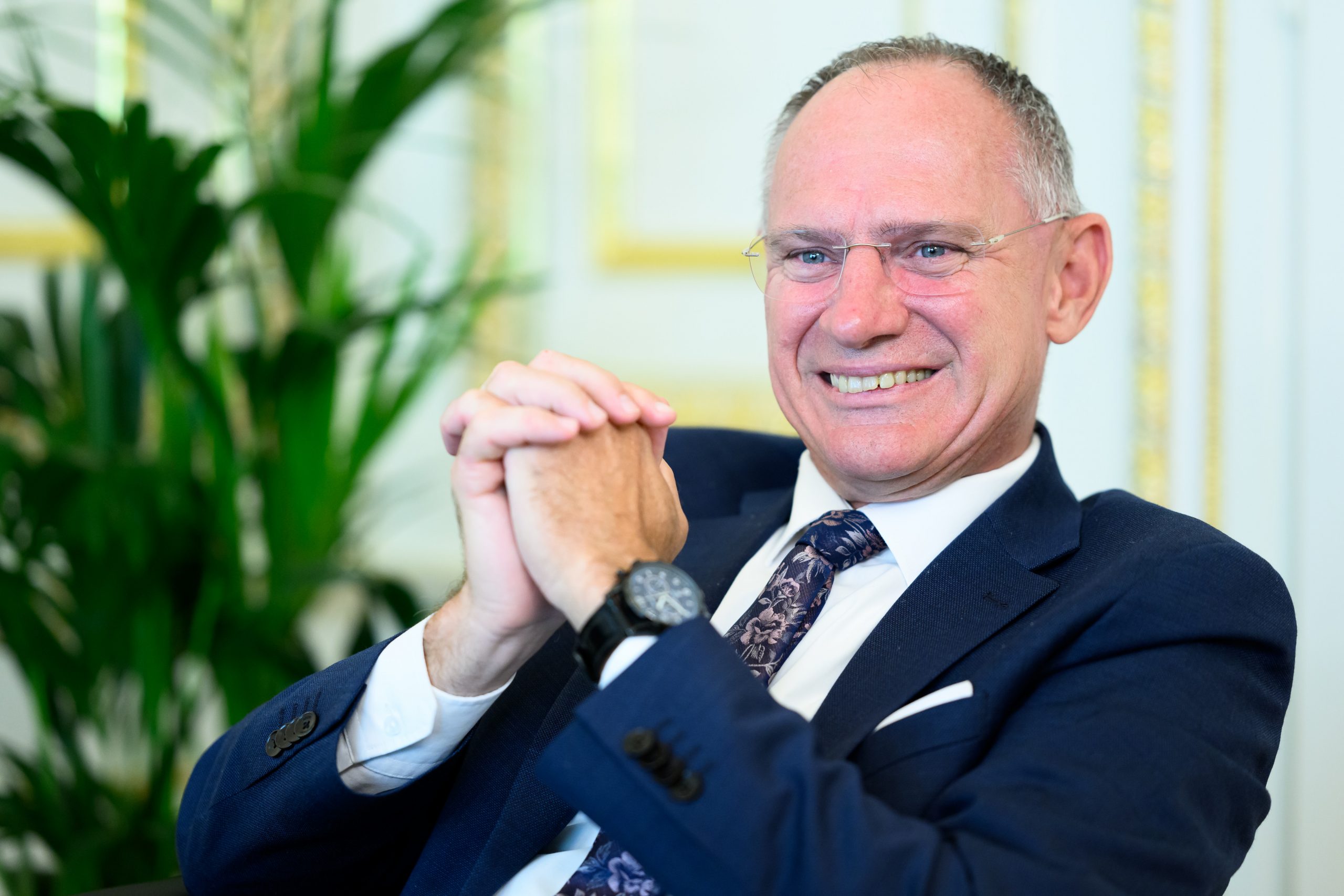
No changes are needed in the Ministry of the Interior. Gerhard Karner (57), who succeeded Karl Nehammer when he moved to the chancellorship, remains in Herrengasse. It was not unfamiliar to him when he moved there in 2021, as the native of Melk had already managed the press agendas of Ernst Strasser there over 20 years ago. In the meantime, the ÖAAB member made a career in Lower Austria: from 2003 to 2015, he was the managing director of the ÖVPNÖ, a member of the state parliament from 2003, and from 2015 until his swearing-in as minister, he was the second president of the state parliament and mayor of Texingtal.
Klaudia Tanner

Not only their previous government work connects Tanner and Karner: She also comes from Lower Austria and also served in Strasser's cabinet. The 54-year-old affable farmers' union member was already considered a candidate for the job in 2017, which then went to the FPÖ. When Sebastian Kurz formed a government with the Greens two years later, the choice fell on the sister-in-law of his advisor Stefan Steiner. Before that, she sat in the Lower Austrian state parliament for about a year, dealing with topics such as culture, constitution, and health.
Norbert Totschnig

From the farmers' union to the ministry, Totschnig also took this step in 2022. The East Tyrolean was appointed minister by Karl Nehammer after Kurz's confidante Elisabeth Köstinger left politics. Since 2017, the 50-year-old had been the director of the influential federal association within the ÖVP. He also gained political experience in the cabinets of Michael Spindelegger and Reinhold Mitterlehner.
Claudia Plakolm
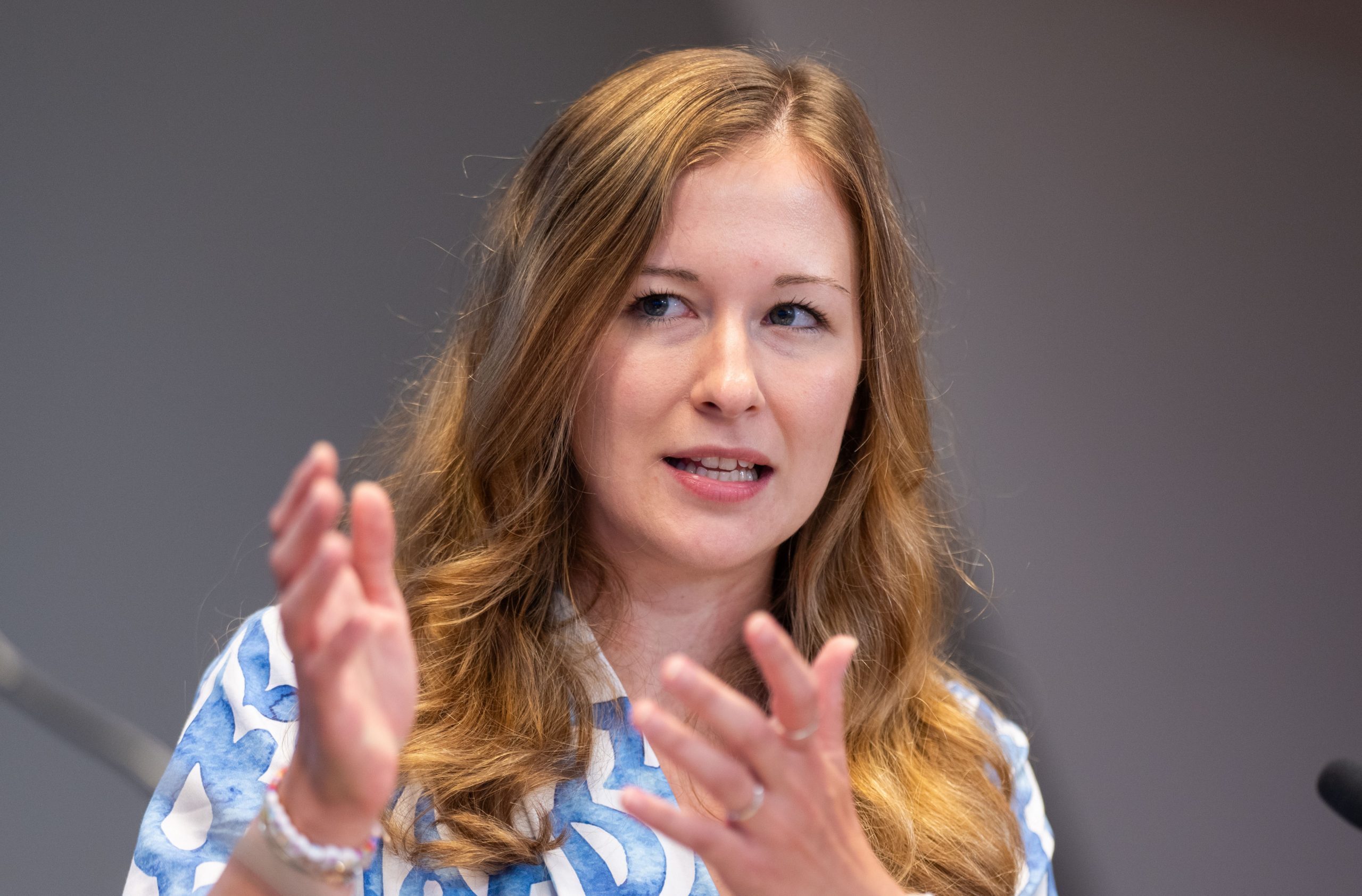
The 30-year-old from Mühlviertel is making a career leap from State Secretary to Minister of the Chancellery. The Upper Austrian learned the political craft early on with the ÖVP-affiliated Union of Higher Students and the Young ÖVP. In 2012/13, she was the state school spokesperson for the AHS sector. The mayor's daughter also sat on the municipal council in her hometown of Walding and in the National Council from 2017, but she resigned from these positions when she became State Secretary in the Chancellery in 2021. Initially responsible only for youth, her portfolio grew during her tenure to include civil service and digitalization. Now, the head of the Young ÖVP and ÖAAB member will be responsible for family, integration, and the EU in a ministry located in the Chancellery, in addition to youth.
Wolfgang Hattmannsdorfer
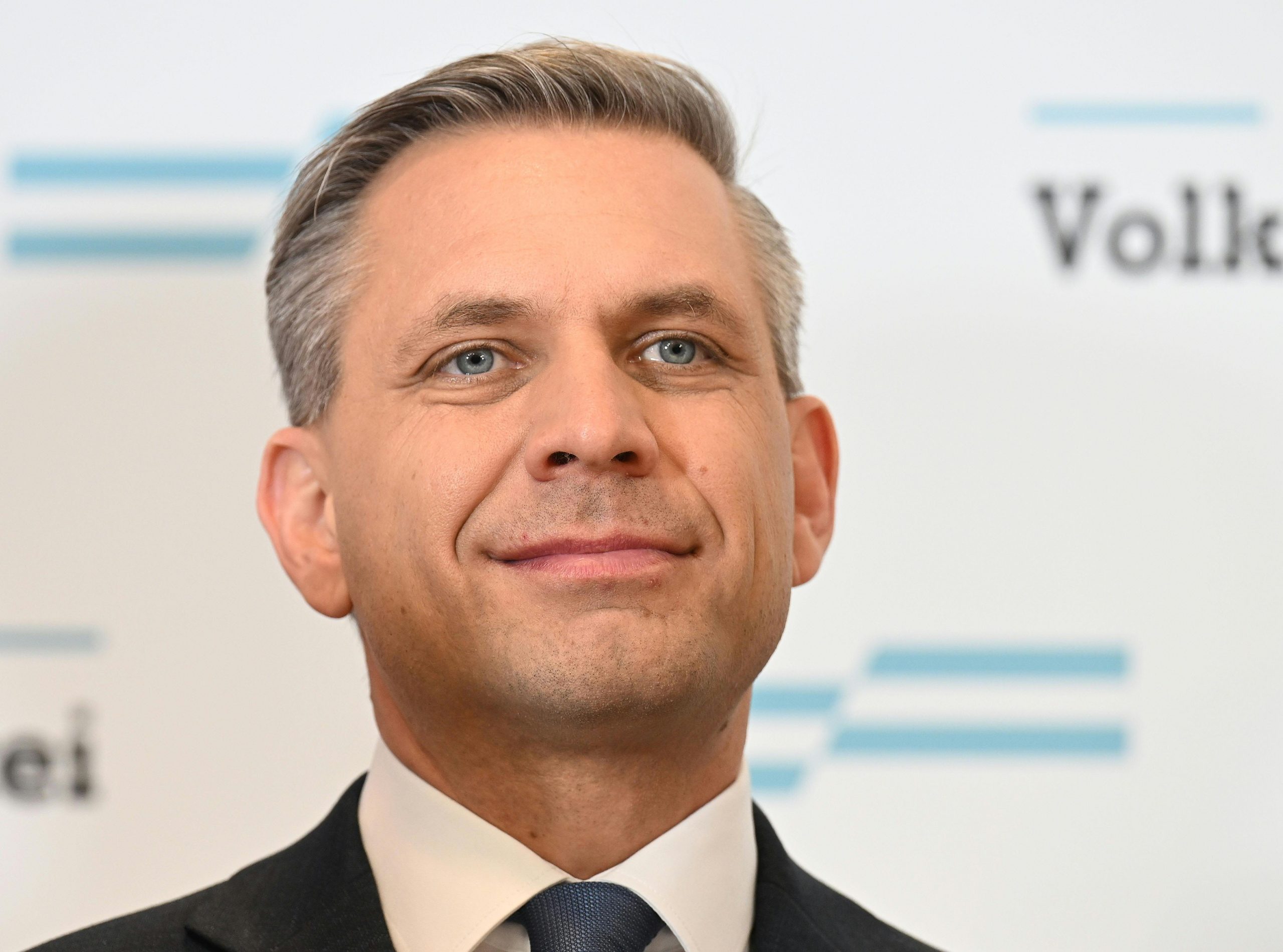
The former Upper Austrian state councilor is making another career leap. Just a few months ago, the 45-year-old, who comes from the ÖAAB but is also a member of the Economic Association, moved to Vienna and became the Secretary General of the Chamber of Commerce. He has little experience in the private sector. Now, Hattmannsdorfer, who is considered quite adaptable and also a connector to the FPÖ, will become Minister of Economy in a black-red-pink coalition.
SPÖ
Andreas Babler
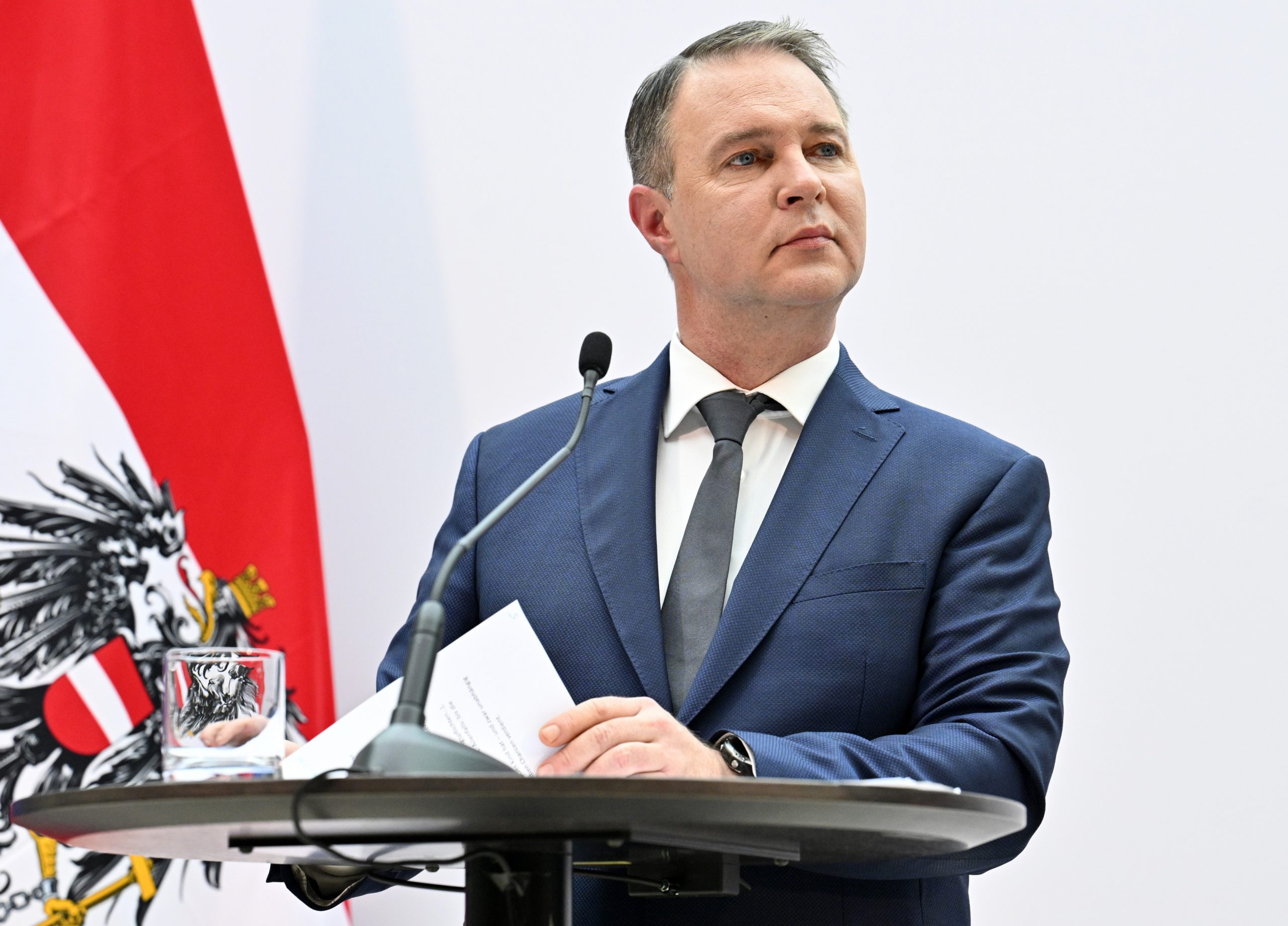
The 52-year-old did not quite succeed in uniting the party plagued by internal quarrels, but he led the Social Democrats into a federal government for the first time since 2017. Naturally, he will serve as Vice Chancellor in this government, and Babler is also expected to oversee the agendas of housing, art, culture, media, and sports. He made the former a heartfelt issue during the election campaign. Born into a working-class family, he grew up in financially difficult circumstances, working as a warehouse worker and a temporary soldier. Meanwhile, Babler was politically active, reaching the position of federal secretary in the Socialist Youth. He gained national recognition as the mayor of Traiskirchen, known for its initial reception center. For a time, he was a member of the Federal Council, and in 2023, he won the curious leadership contest to succeed Pamela Rendi-Wagner as SPÖ leader.
Markus Marterbauer

The new Finance Minister and Babler's preferred candidate is likely to represent the counterbalance to the economic parties ÖVP and NEOS in the three-party coalition. The 60-year-old has been a vocal advocate of leftist economic policy and a strong welfare state in recent years, and thus a sharp critic of neoliberalism. Marterbauer's expertise is hardly in question, as he has worked at the Vienna University of Economics and Business, the Wifo, and the Chamber of Labor. He also serves as the deputy head of the Fiscal Council. Marterbauer's engagement in Babler's personal committee during the National Council election campaign likely did not harm his chances in the race for the position of Finance Minister.
Peter Hanke
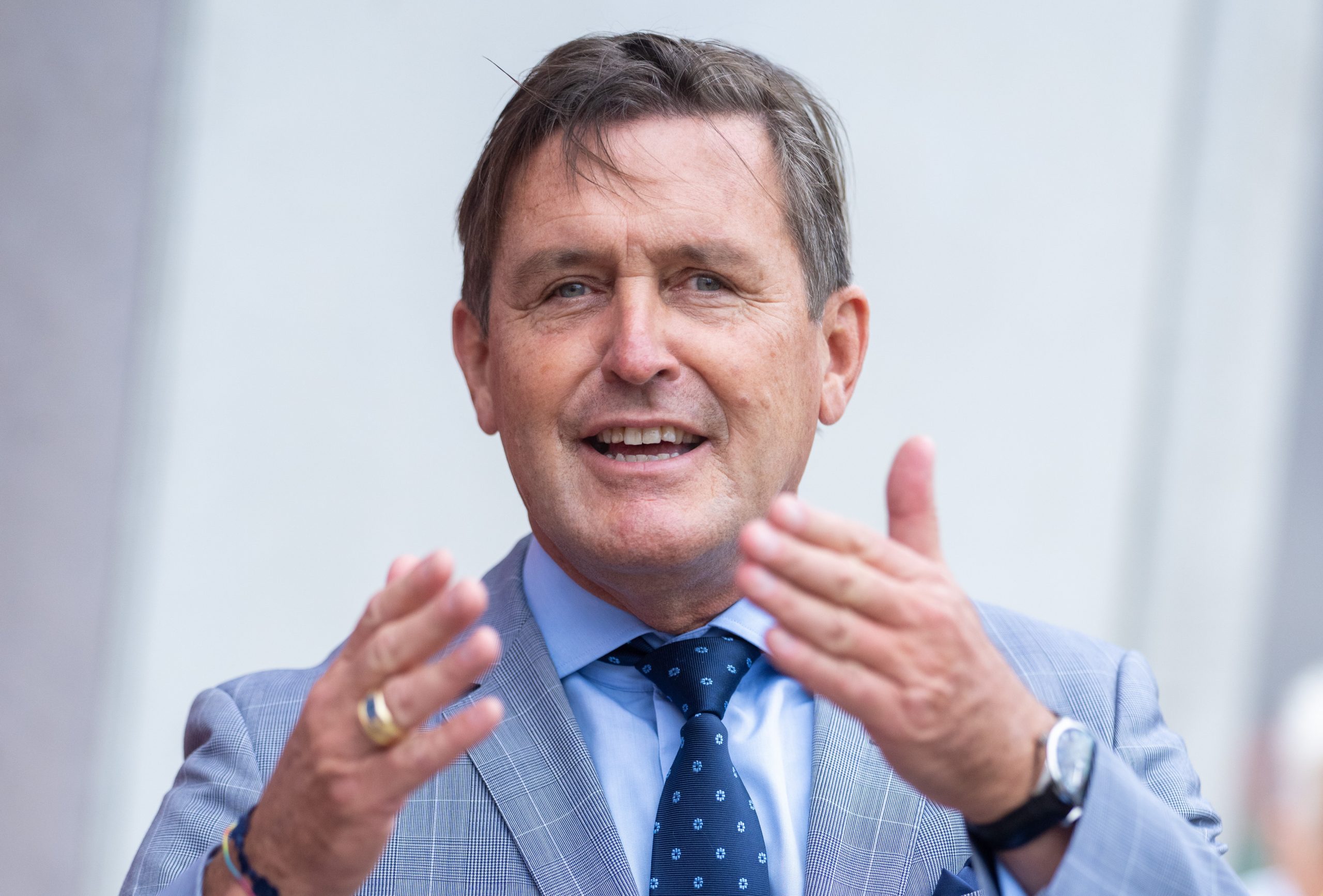
The 60-year-old, sent to the government by the strong Vienna SPÖ, was actually supposed to become Finance Minister, at least according to Mayor Michael Ludwig. After Babler pushed through his preferred candidate for perhaps the most important department, Hanke will now oversee the infrastructure agendas. Although Hanke cannot point to a classic party career, he is considered well-anchored in the SPÖ. From 2002 to 2018, he was the managing director of Wien Holding until Ludwig brought him into the city government and entrusted him with finance and economic agendas.
Korinna Schumann

The Ministry of Social Affairs returns to the Trade Union Federation. However, the 58-year-old does not take over as one of the heavyweights of the sub-unions. The chairwoman of women at the ÖGB and SPÖ parliamentary group leader in the Federal Council knows the Ministry of Social Affairs like the back of her hand. She first joined there in 1989 and served as chairwoman of the staff committee in the ministry for no less than 14 years. She only left the position after being elected as the ÖGB federal women's chairwoman and vice president of the Trade Union Federation in 2018. From the same year, she was also represented in the Federal Council, serving as its president in the second half of 2022.
Anna Sporrer

The 62-year-old career lawyer with political experience is moving into the Ministry of Justice. Currently, the native of Mödling serves as vice president of the Administrative Court. From 1996, with interruptions until the end of 2013, she worked in the constitutional service in the Federal Chancellery, and was also chairwoman of the Equal Treatment Commission, a member of the Human Rights Advisory Board, and the Bioethics Commission. She served in the cabinet of the then Minister for Women, Helga Konrad, in the 1990s. From 2010, she was the head of the cabinet for a few months for Minister for Women Gabriele Heinisch-Hosek.
Eva-Maria Holzleitner
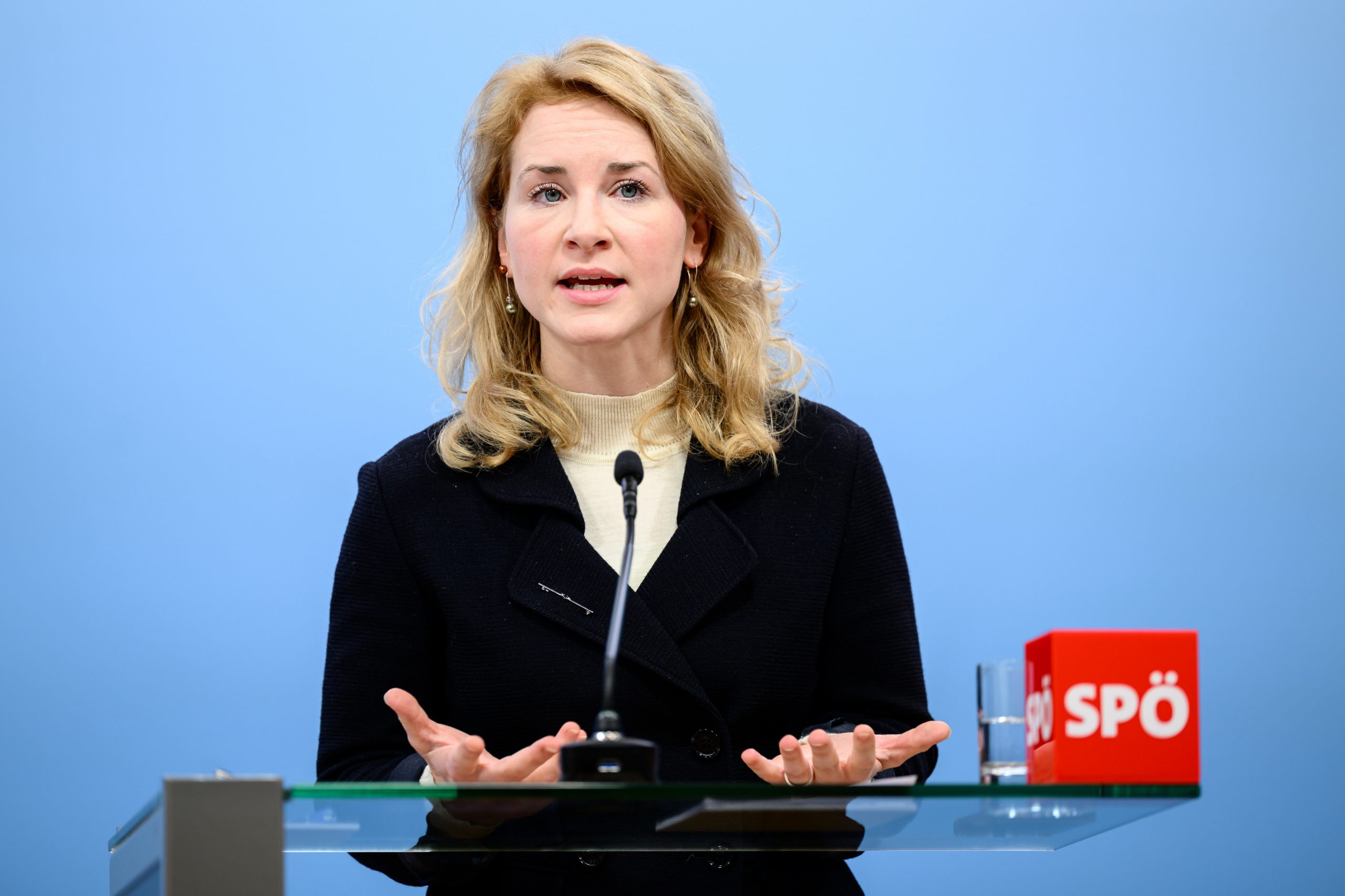
Alongside Claudia Plakolm, she is the only under-50-year-old from the major parties. However, she shares not only age and Upper Austrian roots with Plakolm but also many years of professional experience. Since 2017, the native of Wels has been a member of the National Council, and since 2021, she has been the SPÖ women's leader. Despite having a farmer as a father, Holzleitner joined the social democratic party at a young age and went through several affiliated organizations, including the Young Generation and the SPÖ-affiliated Action of Critical Students.
NEOS
Beate Meinl-Reisinger
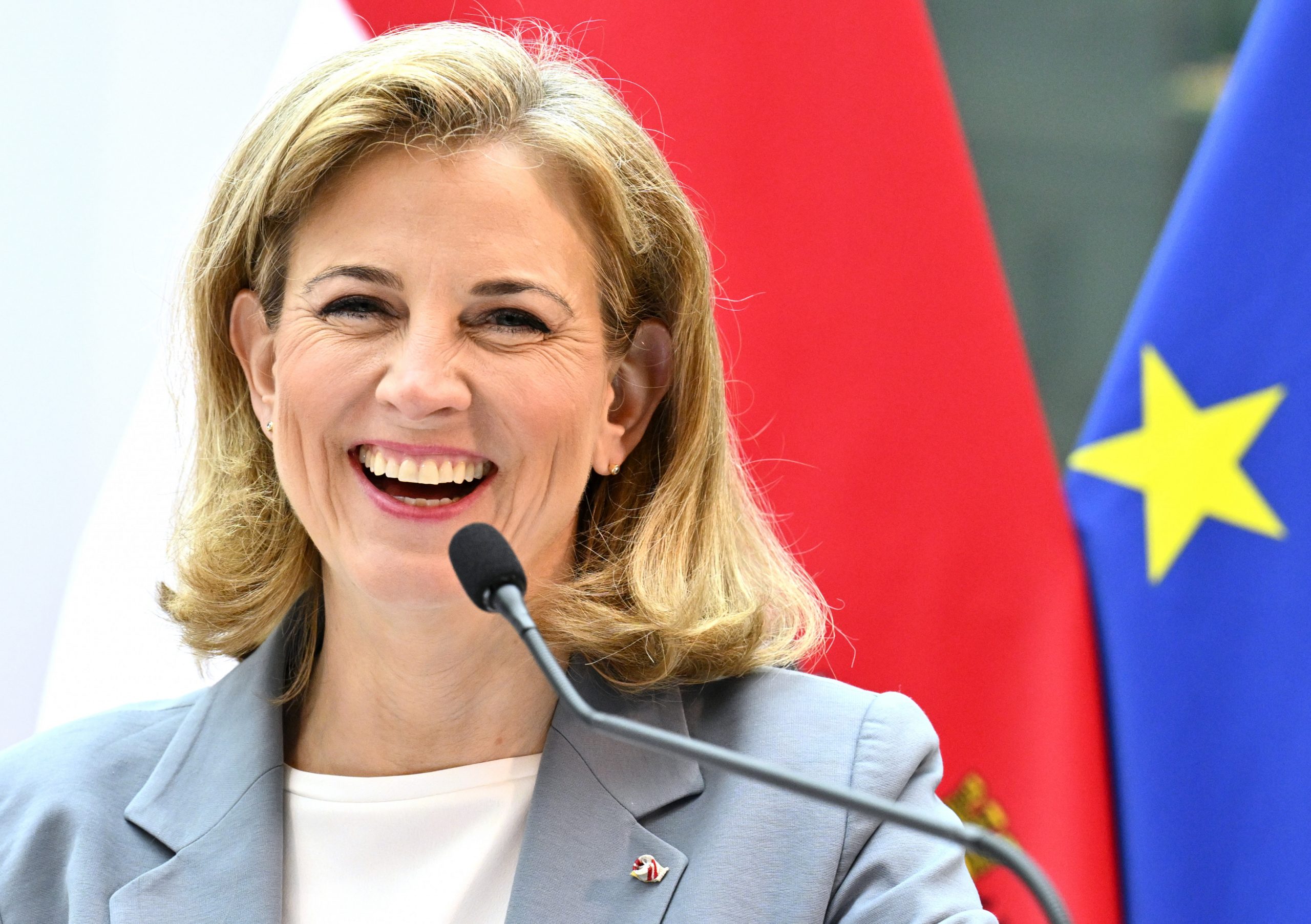
For having been the first to walk away from the negotiation table nearly two months ago, causing the black-red-pink talks to collapse, the 46-year-old is now rewarded with the Foreign Office. In the first three-party coalition, she wants to do what she has been accustomed to as the only woman among the party leaders since Pamela Rendi-Wagner's resignation: "kick her counterpart in the butt." For the first time in nationwide responsibility, the Pinks will also be the voice of the unpopular message, Meinl-Reisinger announced. She took over the party, founded in 2012, after Mathias Strolz's withdrawal in 2018. Before that, she sat for the NEOS in the National Council and the Vienna State Parliament. Her first political experience was with the ÖVP, as an assistant to the EU parliamentarian Othmar Karas and as a cabinet member for State Secretary for Family Affairs Christine Marek.
Christoph Wiederkehr
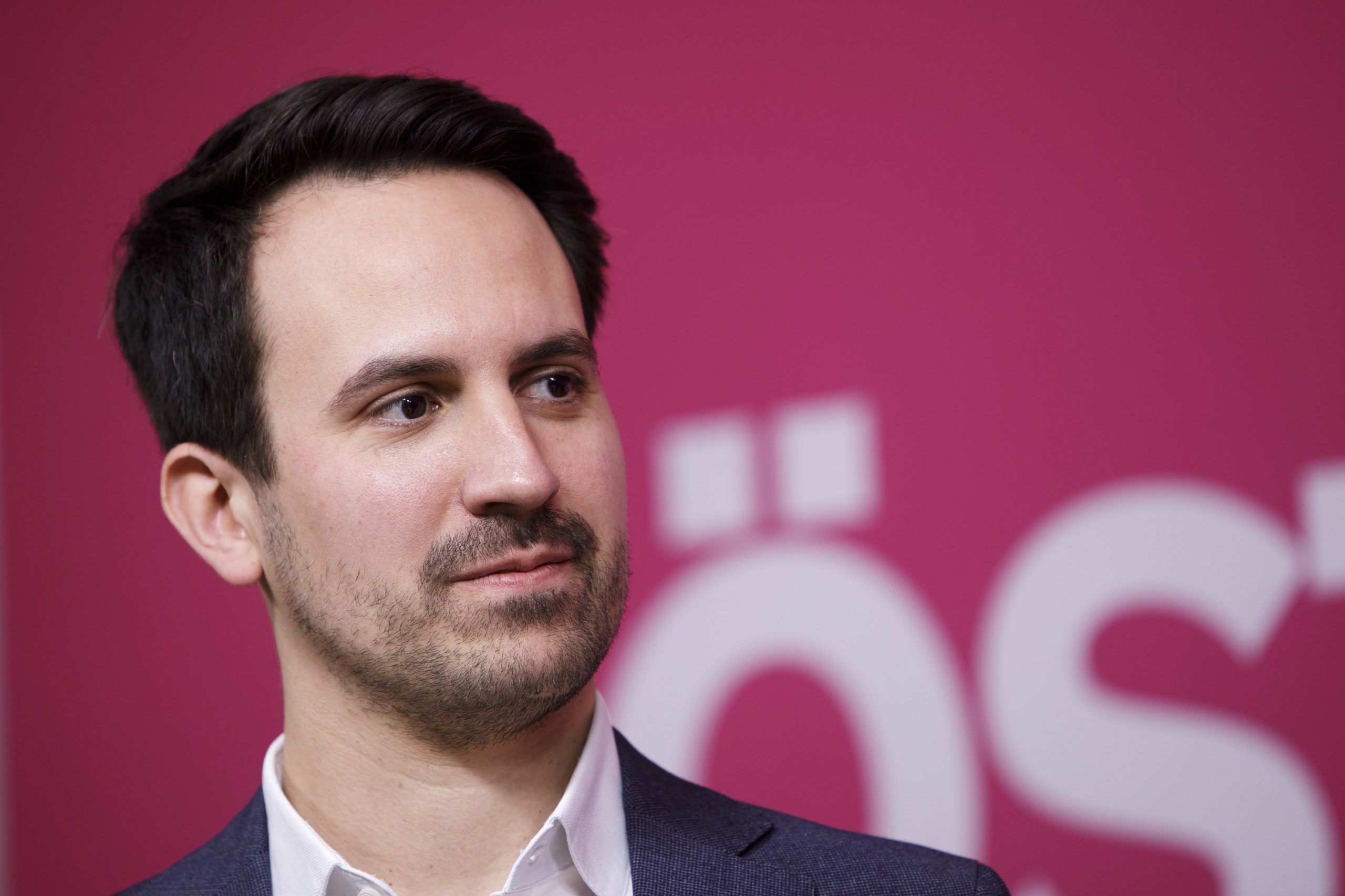
The NEOS can finally take responsibility for their core issue. Since the party's founding, the Pinks have championed the cause of education. After succeeding Meinl-Reisinger as state party leader in 2018, the 34-year-old led his party to electoral success in the state elections two years later and into the "Progress Coalition" with the SPÖ. The native of Salzburg became deputy mayor and city councilor for education.
(APA/Red)
This article has been automatically translated, read the original article here.





